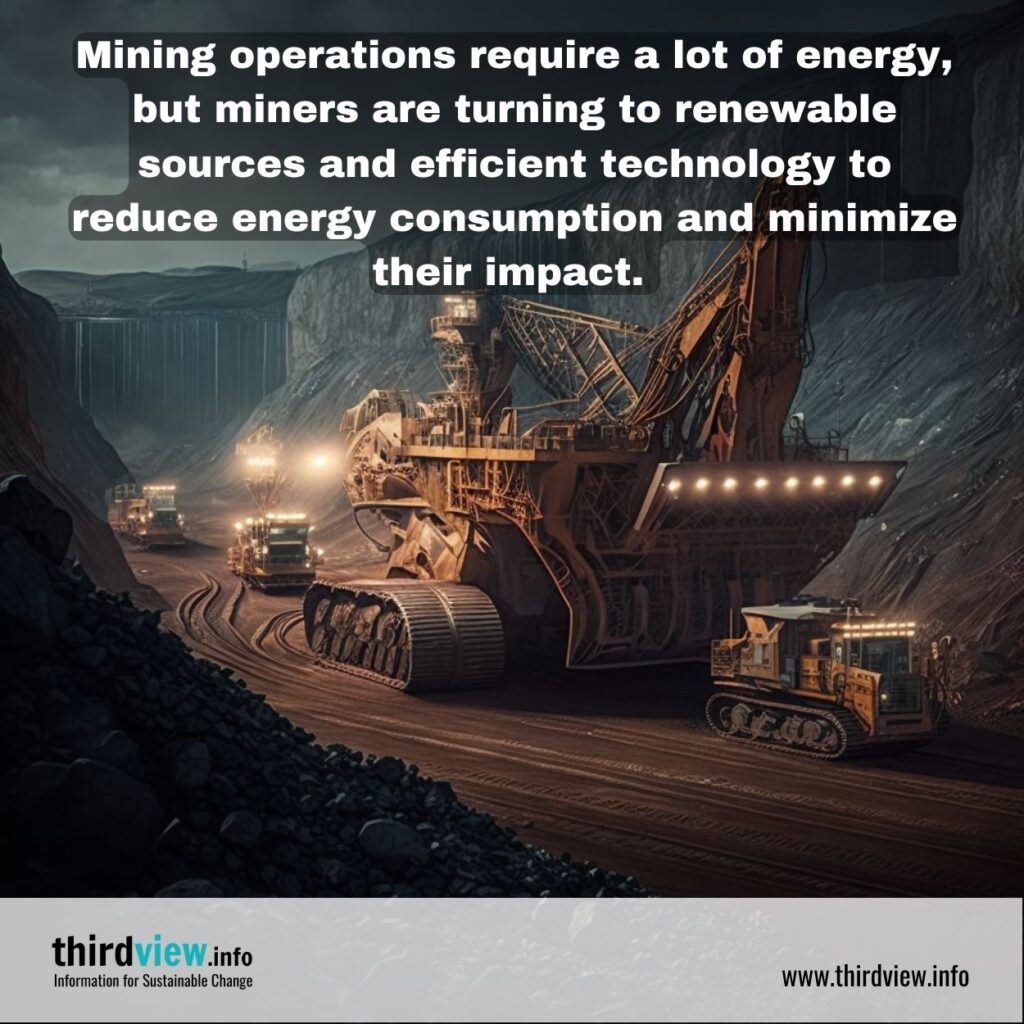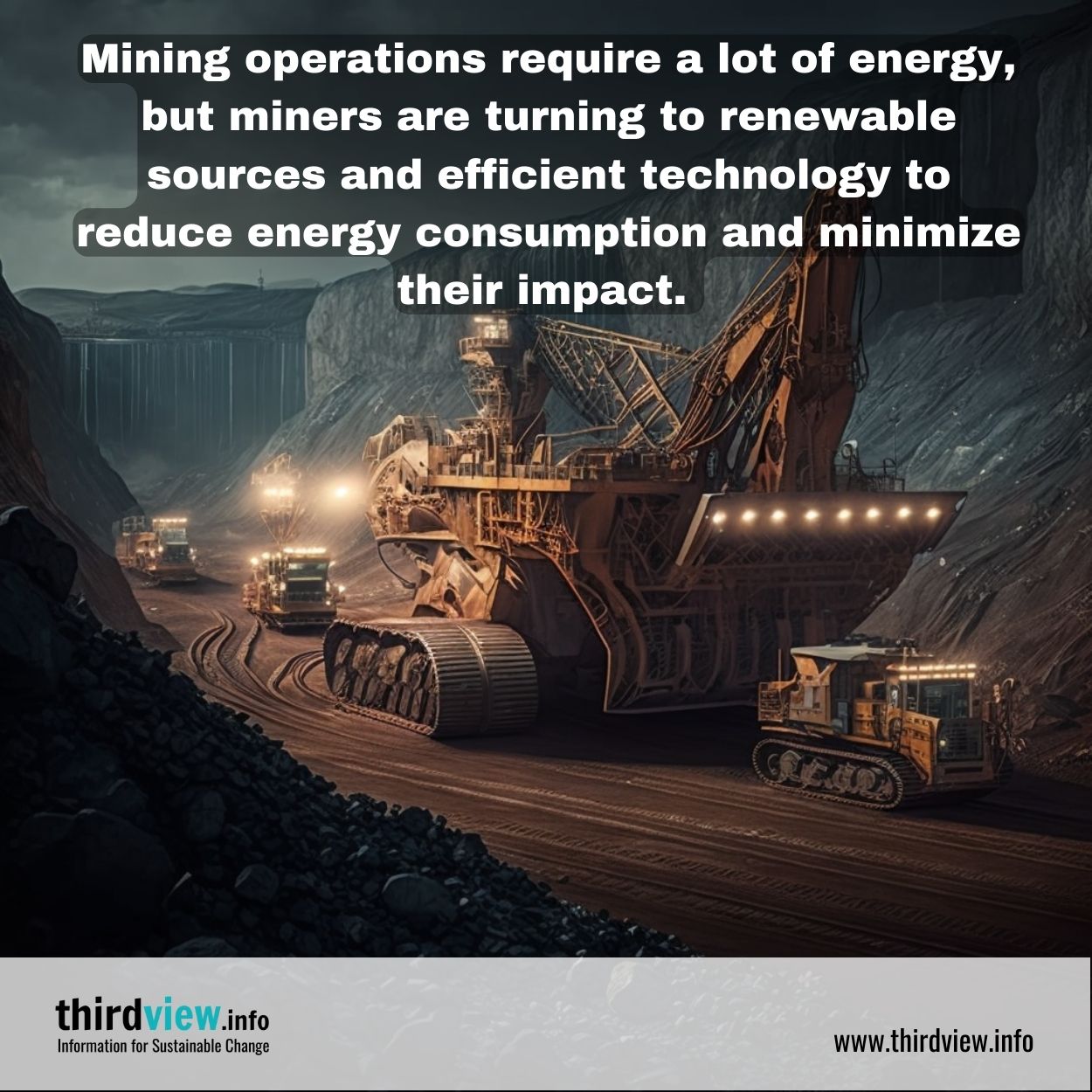The mining industry has an undeniable environmental impact, from the disruption of ecosystems to the emissions released during extraction. However, with more and more regulations being put in place, it is possible to reduce this impact and leave a lighter footprint. Let’s explore some ways that miners can mitigate their environmental impact.
Rehabilitation and Restoration
Mining often involves clearing out large areas of land for access to minerals or ore. This can have serious consequences for local wildlife, leading to displacement and habitat loss. To address this issue, many mining companies are now investing heavily in rehabilitation and restoration efforts. This can involve replanting vegetation or creating new habitats in order to offset the damage caused by mining operations. Additionally, some companies are even developing plans to restore mined areas back to their original state after extraction is complete.
Emissions Reduction
Mining often produces harmful emissions such as sulphur dioxide and carbon dioxide which contribute significantly to air pollution. To help reduce these emissions, many mines are now implementing strategies such as using cleaner burning fuels or switching to electric equipment wherever possible. Additionally, some companies are investing in technologies that allow them to capture harmful emissions before they are released into the atmosphere so they can be safely stored or disposed of later on. By taking steps like these, mining companies can significantly reduce their environmental impact when it comes to emissions.
Energy Efficiency
The energy required for mining operations is often significant due to the sheer scale of many projects. To help reduce energy consumption, many miners now use renewable sources such as solar or wind power whenever possible. Additionally, some companies have invested in energy-efficient equipment that requires less energy overall while still providing adequate performance levels for their operations. By utilizing renewable sources and efficient technology, miners can greatly reduce their environmental footprint when it comes to energy consumption.
Improved Water Management Practices
Water is a precious resource that is essential for life; unfortunately, many mining operations use large amounts of water which can lead to shortages or contamination if not managed properly. To prevent this from happening, companies should look into ways they can improve their water management practices by reducing consumption or reusing wastewater whenever possible. Additionally, companies should take steps to monitor local water sources and ensure they are not being polluted by their operations.
It’s no secret that mining has an undeniable environmental impact on our planet. By implementing strategies like rehabilitation and restoration efforts, reducing their emissions output, making use of renewable sources and efficient technology, and implementing improved water management practices, miners can greatly reduce the negative impacts of their operations on the environment while still carrying out successful projects with minimal disruption or risk.


